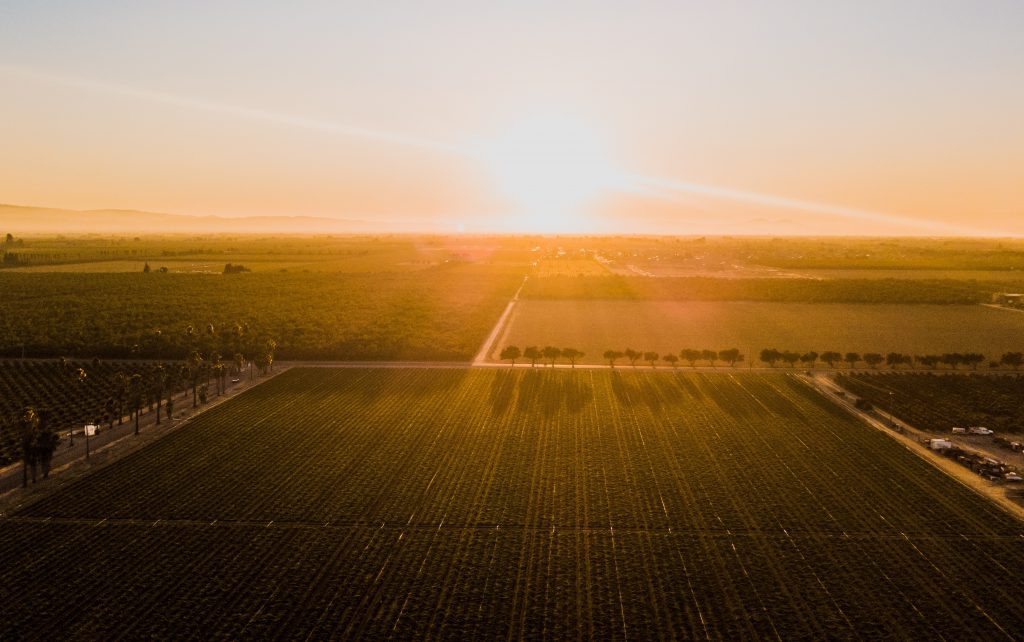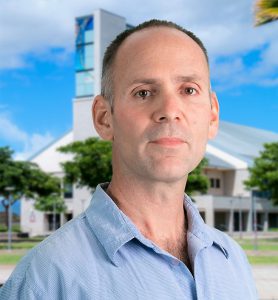
The first National Food System Resilience and Equity Workshop, conceived by UH West Oʻahu Assistant Professor Albie Miles, is expected to draw participants from Hawaiʻi, across the U.S. continent and Canada when it convenes May 19-20 at Stanford University.
The two-day workshop is designed to be “outcome-focused,” designed to facilitate intensive regional planning processes aimed at advancing food system resilience, equity, and public health. The workshop is expected to become a recurring event, convening a network of regional teams engaged in research, planning, and implementation work.
Food system resilience is defined as the capacity over time of a food system to provide sufficient, appropriate and accessible food to all in the face of various biophysical social or economic disturbances.

Dr. Albie Miles
Dr. Miles, head of UH West Oʻahu’s Sustainable Community Food Systems program, sits on the workshop steering council, which also includes Dr. Kim Carlson, an assistant professor in the University of Hawaiʻi’ at Mānoa’s Department of Natural Resources and Environmental Management within the College of Tropical Agriculture and Human Resources (CTAHR). Others on the steering committee include scholars from Stanford, Ohio State University, the University of California Santa Cruz, Coventry University in the United Kingdom and Canada’s McGill University.
The facilitated workshop will engage participants in developing working conceptual models of socio-ecological resilience in the food system, and of the key biophysical and socioeconomic factors affecting food security and equity on regional scales. Additionally, participants will work together in crafting a guiding vision, research agenda, and planning process aimed at enhancing socio-ecological resilience and equity in the food system of their home regions. The participant teams will also explore options for forming a professional network focused on adaptive management for regional food-system resilience and equity.
Participant teams comprised of university faculty and staff, elected officials, state planning professionals, graduate students and NGO leaders are expected from the San Francisco Bay Area in Northern California, Southern California, Ohio, Arizona, Michigan, Canada, and the Chesapeake Bay watershed region, including Washington D.C., Maryland, Virginia, Delaware, West Virginia, Pennsylvania and New York.
